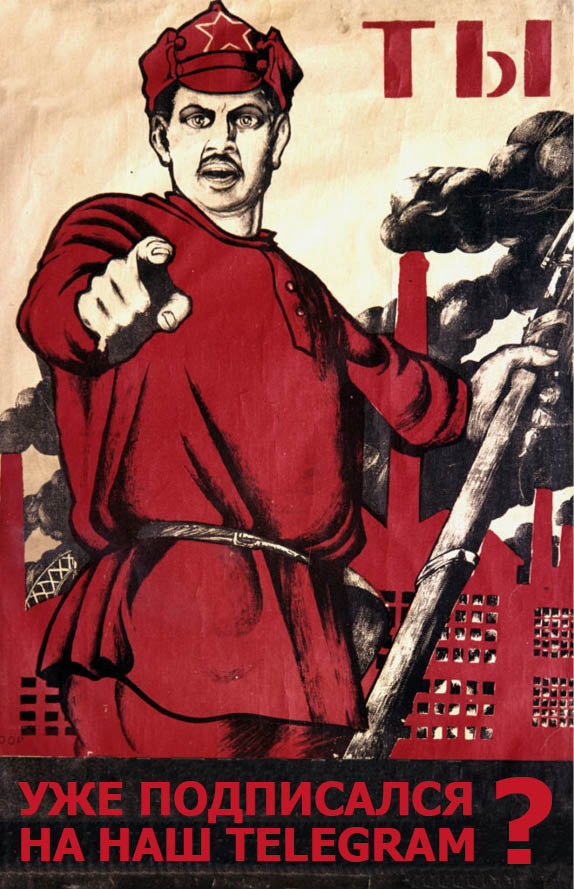UNODC Head: Inept Drug Fight
28.12.2023Governments around the world have been “inept” at implementing international agreements to fight the global drug trade, said UN Office on Drugs and Crime (UNODC) head Antonio Maria Costa last week.
"We must have the courage to look at a dramatic, unintended consequence of drug control: The emergence of a criminal market of staggering proportions ," Costa said.
"It is a costly failure that, if unattended, will undo the benefits of drug control," he said.
More than 100 delegates from 13 countries attended Thursday’s conference in
Although much progress had been made, countries should do more to put into effect agreements to stop money laundering and seize proceeds from organized crime, Costa said.
"Implementation of the U.N. conventions against corruption and against organized crime has been inept to say the least," he said.
Costa was speaking at a meeting marking the 100th anniversary of the world’s first international efforts to fight the drug trade.
Serbian Crime Assets May Be Seized
Some 125 people work for the Interior Ministry’s new financial investigation unit, and the Justice Ministry has set up an office of 25 employees to manage property that is seized.
Police Chief Milorad Veljovic told B92 that other agencies would be involved:
He added that the unit would include people from the tax authorities, the customs service and anti-money laundering agencies.
“Enabling the conditions for seizing assets acquired through criminal gain is the best prevention, because it will make everyone stop and think whether this kind of crime pays,” said Veljović.
But the law could hit snags, criminologist Dobrivoje Radovanovic told B92.
“The biggest problem is the legal disorder of the state. We have a lot of examples of arrested people, charges raised, and processes which were lost by the state. I’m afraid that there will be a number of cases of mistakenly charged people, assets frozen for half a year, and then it will be proven that the person either is not a member of organized crime or is not a criminal at all,” he warned.
This, however, does not exhaust the list of problems which the state could confront in applying this law, says Radovanović.
“Freezing those assets without a legal decision is something that could be very problematic from the stance of the state legal system. The second problem is that it is very difficult to prove what assets were gained by organized crime. The third problem is that, if during the trial the assets are frozen, that will affect his defense in some way,” he said.
Montenegrin police arrested 25 people last week in connection with smuggling 2.5 tons of extra-strong marijuana (also known as skunk) from
A search of one family home yielded 35 kilograms of skunk and a large supply of weapons and explosives in the suspect’s illegal ownership.
Some EUR 70,000 was also found and confiscated. The money was believed to have been obtained illegally, as were a further 11 cars, 3 trucks and a large number of mobile phones and cards that were also seized.
In December, Montenegrin police arrested 19 people and seized around 550 kilograms of narcotics. The mountainous, isolated border between
2 Israeli Crime Lords Sentenced
A Tel Aviv court last week imposed record sentences of 25 to 27 years on two heads of crime organizations that had produced and sold heroin, cocaine and ecstasy. The case marked only the second time a court has used an organized crime law that came into effect in 2003. The law makes leading a crime organization a criminal offense punishable by up to 10 years in prison and provides for doubling a punishment if the defendant committed a crime in the context of organized criminal activity.
Meanwhile, the lengthy corruption investigation into departing Israeli prime minister Ehud Olmert may be winding up.
The attorney general, Menachem Mazuz, is considering criminal charges against Mr. Olmert including fraud, breach of trust and receiving illicit funds. The Justice Ministry statement did not mention bribe-taking, although the police said in September that they had evidence pointing to such a charge.
Mr. Talansky, a resident of Woodsburgh, N.Y., testified in a deposition here last spring that he gave Mr. Olmert money, much of it as cash stuffed into envelopes, over a period of 13 years before Mr. Olmert became prime minister in 2006. Mr. Olmert acknowledged receiving the payments but said they were all legitimate donations for political campaigns. Still, the uproar resulting from the testimony led Mr. Olmert to resign.
Reacting to the attorney general’s announcement, Amir Dan, a media adviser of Mr. Olmert, said that Mr. Talansky’s testimony was “false and contradictory” and that the “mountains created by the police at the beginning of the episode have already turned into little molehills, and they, too, will disappear in the end.”
Olmert will have the chance to refute the charges in a hearing before the attorney general, after which Mazuz will decide whether to indict Olmert.
Mafia waning in the
The trial of alleged Gambino family hitman Charles Carneglia is just another nail in the coffin for
Mafia author and Cleveland police officer Rick Porrello says that cultural shifts in the Italian American community are as responsible as vastly improved law enforcement for the Cosa Nostra’s decline.
"There’s a new era. These guys that are coming up are not the street-hardened criminals that their fathers and uncles were," Porrello told AFP. "When they get put to the test ... they are more likely to betray their oath of silence and go to work with the government."

